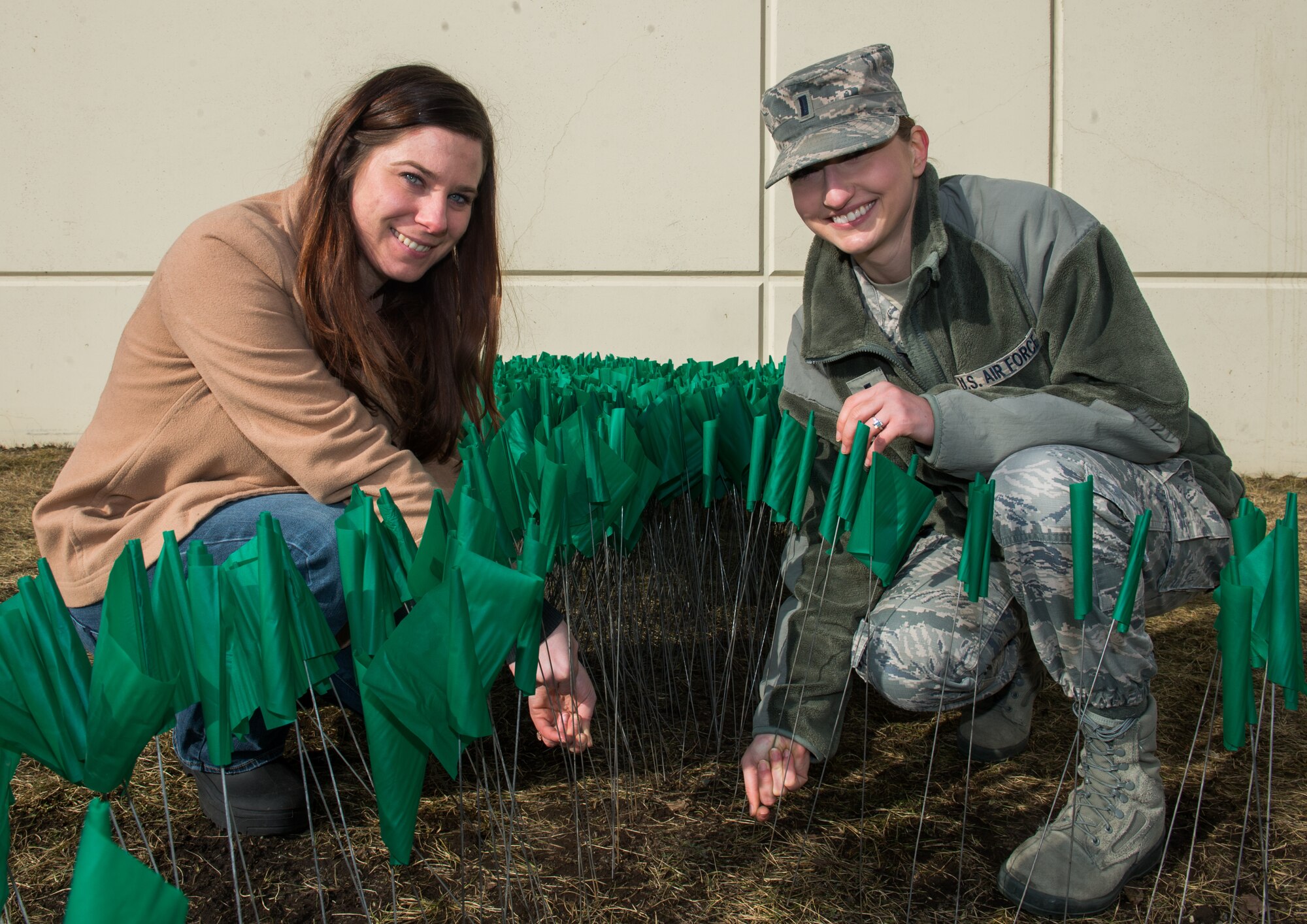The 21st Signal Brigade Sexual Assault Program is a comprehensive initiative designed to prevent sexual assault, support survivors, and foster a culture of respect and accountability within the brigade. This program encompasses a wide range of preventative measures, robust reporting mechanisms, and extensive support services for those affected. Its multifaceted approach aims to create a safe and equitable environment for all members of the 21st Signal Brigade.
The program’s structure includes dedicated personnel trained to handle sensitive situations, a clearly defined reporting process, and access to a network of both internal and external resources. Preventative efforts focus on education, awareness campaigns, and bystander intervention training, while support services offer counseling, medical care, and legal assistance to survivors. Regular evaluation and improvement strategies ensure the program’s continued effectiveness and adaptation to evolving needs.
21st Signal Brigade Sexual Assault Prevention and Response Program
The 21st Signal Brigade’s sexual assault prevention and response program is a comprehensive initiative designed to foster a safe and respectful environment for all Soldiers. This program utilizes a multi-faceted approach, encompassing prevention strategies, robust reporting mechanisms, comprehensive support services for survivors, and continuous program evaluation and improvement. The ultimate goal is to eliminate sexual assault within the brigade and create a culture of zero tolerance.
Program Overview
The program aims to prevent sexual assault, provide support to survivors, and hold perpetrators accountable. Its structure involves a dedicated team within the brigade’s command, working in collaboration with various support agencies both within and outside the military. The program targets all Soldiers, civilians, and contractors associated with the 21st Signal Brigade. The program’s development began in 2018 with initial training modules and has since undergone several revisions based on feedback and best practices.
Full implementation across the brigade was completed by 2020.
Prevention Strategies
Preventative measures include mandatory annual training on sexual assault prevention and response, bystander intervention training, and the promotion of a culture of respect through leadership initiatives and peer-to-peer education. Educational initiatives utilize interactive workshops, online modules, and awareness campaigns. Methods to foster a culture of respect include establishing clear reporting procedures, providing leadership training on creating a safe environment, and implementing a robust accountability system for offenders.
A hypothetical training module for new recruits would include interactive scenarios focusing on consent, healthy relationships, and bystander intervention techniques. The module would emphasize recognizing and responding to potentially harmful situations, and empower recruits to intervene safely and effectively. This would be reinforced through role-playing exercises and group discussions.
Reporting and Response Mechanisms
The brigade’s sexual assault reporting procedures follow established Army protocols. Soldiers can report incidents through their chain of command, through the Sexual Assault Response Coordinator (SARC), or through other designated channels. Survivors have access to confidential support systems, including counseling services, medical care, and legal assistance. Investigations are conducted by trained personnel, adhering to strict guidelines to ensure fairness and due process.
The brigade’s response mechanisms are similar to those used by other military units, but may differ in specific details based on unit size and resources. However, the emphasis on survivor support and thorough investigation is consistent across units.
Support Services for Survivors
Survivors have access to a range of counseling and medical services, both on and off post. Legal assistance is provided by Judge Advocate General (JAG) Corps officers and civilian attorneys. Resources and support networks include the SARC, victim advocates, chaplains, and various civilian organizations.
The following case study demonstrates the effectiveness of the support system:
| Timeline | Action Taken | Outcome | Impact |
|---|---|---|---|
| June 2023: Incident Reported | Survivor contacted SARC; immediate medical attention provided; investigation initiated. | Perpetrator identified and prosecuted; survivor received ongoing counseling and support. | Positive impact on survivor’s healing and well-being; increased confidence in reporting system. |
Program Evaluation and Improvement
Program effectiveness is assessed through annual surveys, feedback from Soldiers, and analysis of reported incidents. Hypothetical data analysis might reveal a higher-than-desired rate of unreported incidents. Areas for improvement could include enhancing anonymous reporting mechanisms and improving communication about available support services. Strategies for enhancing outreach include targeted social media campaigns and improved collaboration with community organizations.
Future program development will focus on incorporating new training methodologies and expanding access to support services.
The 21st Signal Brigade’s sexual assault prevention program emphasizes comprehensive education and support services for its personnel. Understanding the complexities of such issues sometimes requires looking at broader societal trends, and resources like those found on craigslist fort wayne (though unrelated to the military) can inadvertently highlight the prevalence of certain social problems. Returning to the Brigade’s program, its success hinges on fostering a culture of respect and accountability, ensuring victims feel empowered to report incidents without fear of reprisal.
Comparison with Other Programs, 21st signal brigade sexual assault program

Source: defense.gov
The 21st Signal Brigade’s program aligns with similar programs across the Army and other military branches, emphasizing prevention, survivor support, and accountability. Best practices from other successful programs, such as peer support networks and proactive bystander intervention training, are incorporated. Areas for improvement might include adopting innovative technologies for reporting and tracking incidents. A comparison of key features could be represented visually, showing similarities and differences in training methodologies, reporting processes, and support services offered by various programs within the Army and other branches.
For example, one program might emphasize victim advocacy more heavily, while another might prioritize perpetrator accountability.
Last Word: 21st Signal Brigade Sexual Assault Program

Source: army.mil
Ultimately, the success of the 21st Signal Brigade Sexual Assault Program hinges on a collective commitment to fostering a culture of respect and accountability. By combining proactive prevention strategies with comprehensive support services and a transparent reporting process, the program strives to create an environment where sexual assault is not tolerated and survivors receive the care and justice they deserve.
Continuous evaluation and adaptation will be key to ensuring the program remains effective and responsive to the evolving needs of the brigade.
